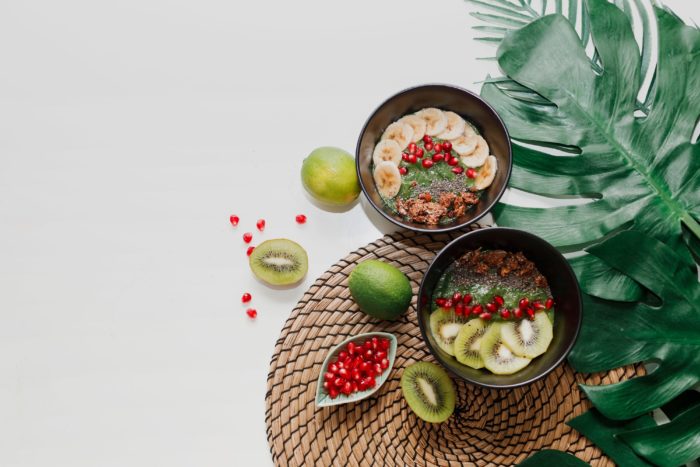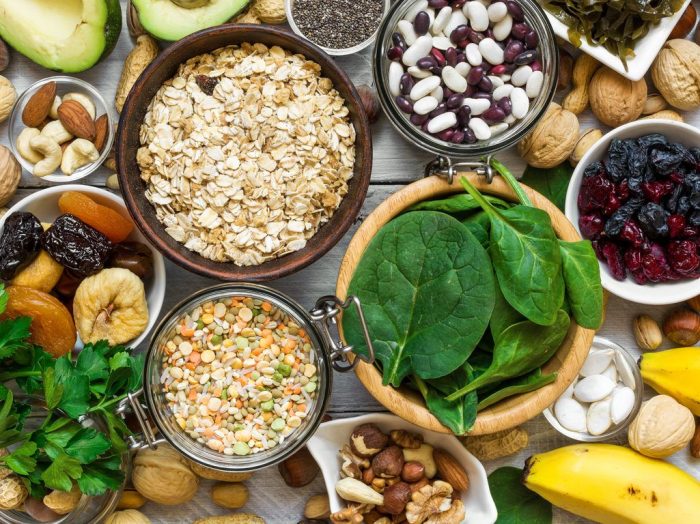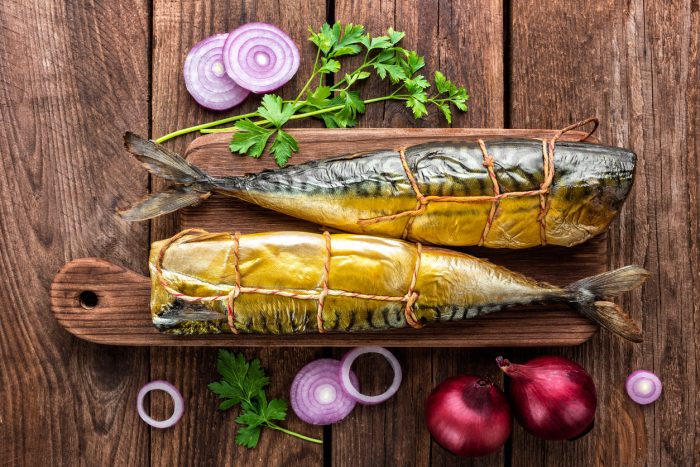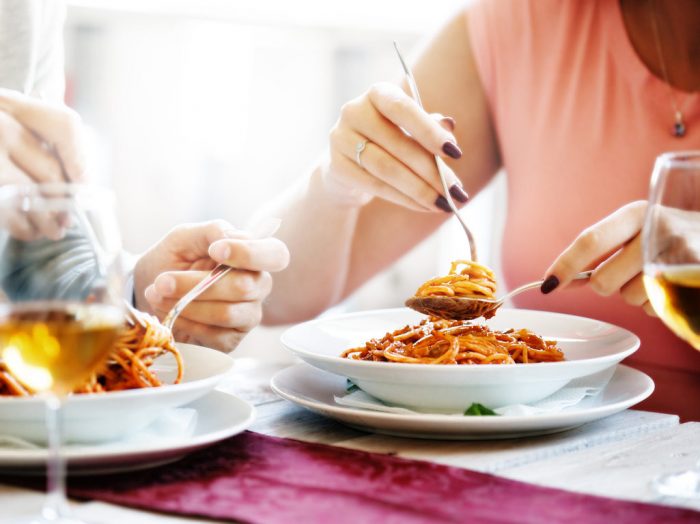Chia seeds come from the plant Salvia hispanica and are related to mint. We love them because they are low in calories, but extremely tasty when served with fruits and milk puddings.
It’s easy to understand why we can’t get enough of chia seed goodies, but if you need extra reasons, read on. It will be hard not to love them after you find out how much they can do for you and your overall health.
Nutritional values for chia seeds
- 11 g fiber;
- 4 g protein;
- 9 g fat (of which 5 g are Omega-3 fatty acids);
- 18% calcium from DRZ (recommended daily dose);
- 30% manganese from DRZ;
- 30% magnesium from DRZ;
- 27% phosphorus from DRZ;
- They also contain zinc, vitamin B3 or niacin, vitamin B1 or thiamine, vitamin B2, and potassium.
Now try this:
The benefits of chia seeds
1. They are rich in antioxidants
As we know, antioxidants fight free radicals, which can cause damage at the cellular level, and thus chia seeds can slow down the appearance of signs of aging. In short, they are a beauty elixir, supporting the youthful appearance of the skin and the vitality of the hair.
2. They have a lot of fiber
This can mean not one, but two great reasons to enjoy chia seeds more often: the first is satiety, and the second one – maintaining the health of the intestinal transit.
3. They are an excellent source of Omega-3 fatty acids
Chia seeds are among the few food sources of Omega-3 fatty acids that you can enjoy over and over again without getting bored. From chia pudding to sprinkling chia seeds in salads, yogurts, cereals or even using them to make pancakes, chia is a healthy ally that you can rely on at any time of the day. Also, Omega-3 fatty acids bring other important health benefits: they help you cope with depression, improve sleep, and reduce the risk of heart disease.
4. They are rich in protein
Do you eat little or no meat at all lately? Get your protein supply by consuming chia seeds more often, in any form you want.
5. They support bone health
Chia seeds contain vital nutrients for bone health: calcium, phosphorus, protein, and magnesium. If you have not made a habit of consuming dairy products, a chia pudding from time to time or the integration of seeds in the main meals of the day will provide you with the necessary calcium for strong bones, which do not break easily. If you love dairy, add chia seeds to yogurt and enjoy the double benefits: strong bones and good intestinal transit.
When not to eat chia seeds
Excessive consumption of chia seeds can cause digestive problems due to high fiber intake (constipation, diarrhea, bloating, abdominal cramps). If your body is not used to high fiber content, gradually introduce chia seeds into your diet and drink as much water as possible.
Also, if you suffer from inflammatory diseases such as ulcerative colitis or Crohn’s disease, you need to carefully monitor your fiber intake and avoid chia seeds when inflammatory conditions have a burst of activity.
Chia seeds may interact with medications prescribed to regulate blood pressure or manage diabetes. Ask your doctor before attempting to include them in your diet to ensure that there are no risks.
Last but not least, if you know you have an allergy to chia seeds, it is best to stay away from them. Allergic symptoms may include vomiting, diarrhea, or itching of the lips or tongue. Chia seed allergies are rare, but there are documented cases.
If you need another idea:
So, did we convinced you that it’s worth enjoying goodies made with chia seeds more often? Or you already have included them in your diet? Tell us in the comments what you think of these precious and yummy seeds.





